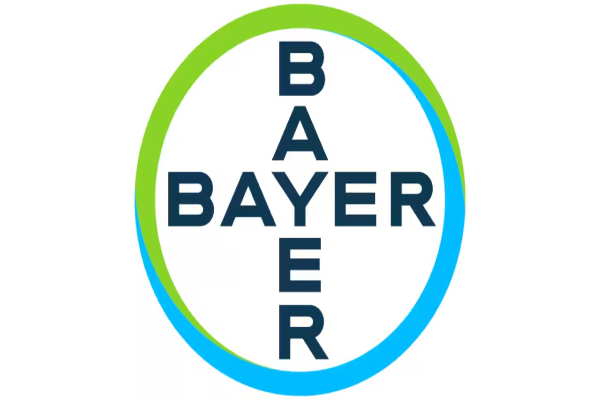Millions of stroke survivors across the world may soon have a new defense

Global life sciences company Bayer has claimed that its experimental stroke drug has reduced the risk of recurrent ischemic stroke with no extra bleeding risk, in global phase III trial.
The OCEANIC-STROKE trial of investigational oral drug asundexian met its primary efficacy and safety endpoints, marking a potential breakthrough in secondary stroke prevention, the company has said.
Asundexian, a once-daily Factor XIa (FXIa) inhibitor, lowered the risk of ischemic stroke in patients who had experienced a non-cardioembolic stroke or high-risk transient ischemic attack (TIA), even when taken alongside standard antiplatelet therapy.
No increase in ISTH major bleeding was observed compared to placebo. Detailed results are expected at an upcoming scientific congress.
Stroke remains a global health crisis, affecting 12 million people annually, with 20–30% suffering recurrent strokes. One in five survivors will experience another stroke within five years. Recurrent strokes tend to be more disabling and carry a higher mortality risk than initial events.
“As clinicians, we witness the devastating impact of recurrent strokes daily,” said Mike Sharma, principal investigator of OCEANIC-STROKE and Director of the Stroke Program at Hamilton Health Sciences. “Even with existing therapies, the risk of another stroke remains high. These topline results suggest asundexian could become a vital new option for protecting patients from recurrence.”
Christian Rommel, Head of R&D at Bayer Pharmaceuticals, added, “These findings highlight Factor XIa inhibition as a promising new approach to stroke prevention and mark a significant milestone in our commitment to thrombosis innovation.”
OCEANIC-STROKE enrolled over 12,300 patients in a multicenter, international, randomized, placebo-controlled, double-blind study. The trial tested 50 mg of asundexian daily in combination with antiplatelet therapy to prevent ischemic strokes following non-cardioembolic stroke or high-risk TIA.
Asundexian has received Fast Track designation from the FDA for stroke prevention, though it is not yet approved for use in any country. FXIa, the target of asundexian, plays a minor role in normal blood clotting but a key role in thrombosis, making it a promising target for safer anticoagulation.

Subscribe To Our Newsletter & Stay Updated